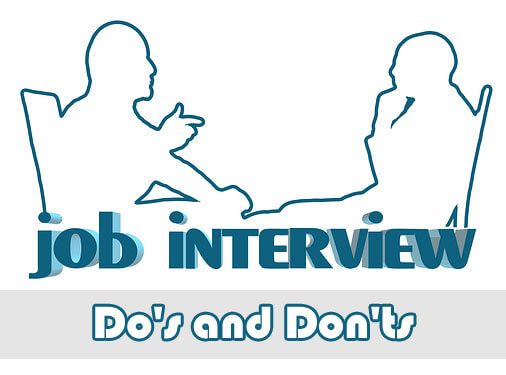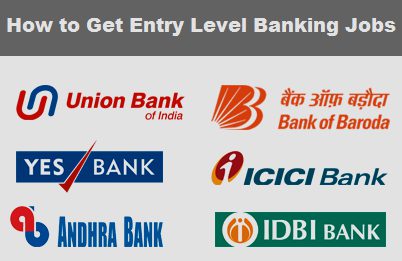12 Useful Tips for Job Seekers to Find a Job at Any Career Level
Entering the job market for the first time as well as changing jobs is daunting experiences. It could be argued that it is the interview rather than surviving the first day is the most intimidating part of this process.
The interview gets your “foot in the door”, and more often than not an individual is right for the job but stumbles in the interview because of a lack of skill and confidence. There is much preparation to be done before an interview and there are certain rules or steps that can be followed:

1. Knowing and Understanding Yourself:
This point cannot be understated, you have much to learn from your past work experiences, for instance, what were your achievements or disappointments? This information will help cement your ideas and expectations as well as the sacrifices you will be willing to make in your new position.
2. Research the Company:
Most companies today, big and small have websites. You do not have to wait until you work for a company to understand it inside and out. The sorts of information that is important here would probably be organizational structure, what they do, etc. Whilst doing this research write some questions down for the interview. This shows interest and intelligence.
3. Research the Job:
As well as researching the company, one should also research the position they are being interviewed for. The position may be wrong for you! Do not take the chance.
4. Interview Yourself:
Once you have gone through your own CV and the company’s history have your own question and answer session. This would comprise of those issues you believe that will be highlighted in the interview, such as knowing your strengths, and reasons for leaving your last job. It is also imperative that your answers are direct and consistent.
5. Etiquette is Essential:
This is parallel to your dress code and other paraphernalia you bring to the interview. Be smart, first impressions are important. Also, make sure you have a pen and paper handy to jot down notes and questions. You do not need to stress yourself fumbling around for these things during the interview.
6. Get Detailed Directions:
You must eliminate unnecessary anxiety before the interview. Also, try to arrive 15-30 minutes earlier than the scheduled time of the interview. Use this time to go over the company information. Check in at reception about 5 minutes before the interview. Smile and relax. Remember to shake hands with your interviewer, and hold your head up high – you are worthy.
7. Body Language:
Speak slowly and precisely. If you are not sure of a question ask the interviewer to rephrase it. Maintain eye- contact, do not fold your arms, and remain open and approachable. Be honest. Sell yourself. Your aim is to paint a brilliant picture in a short period of time so do not ramble on or offer unnecessary information.
8. Ask Good Questions:
When it comes to the point when they want you to ask questions be choosy. Good questions to ask include what are my duties? Who will I report to? Will be working in a team? It is important to ask questions that parallel to your “potential” new role in the company.
9. Salary:
In other words it is not all about what you want or need but rather what you can offer the company. Salary and other benefits are not first interview questions. If the salary issue comes up, rather ask for a fair- market related salary or deflect the issue completely by saying, “my recruitment agent has my salary details”.
10. Don’t Be Greedy:
In the long run it is better to play the waiting game on this issue, as this gives the company time to realize your value as well as allowing you to calculate the long term potential or benefits this job has for you. The crux here is that you do not want to come across greedy and would rather indicate that you are more interested in how you could contribute to a company’s potential and not fixated on the monetary value they assign to you.
11. Be Yourself:
It makes no sense to pretend that you are someone you are not. You have nothing to lose by being yourself. In fact, you have more to gain, especially in terms of ensuring you are going for the right job.
12. Final Words:
Whether this interview is about your dream job or the ultimate nightmare, each interview should be seen as a learning curve, an opportunity to grow in your career.












 Previous Post
Previous Post Next Post
Next Post